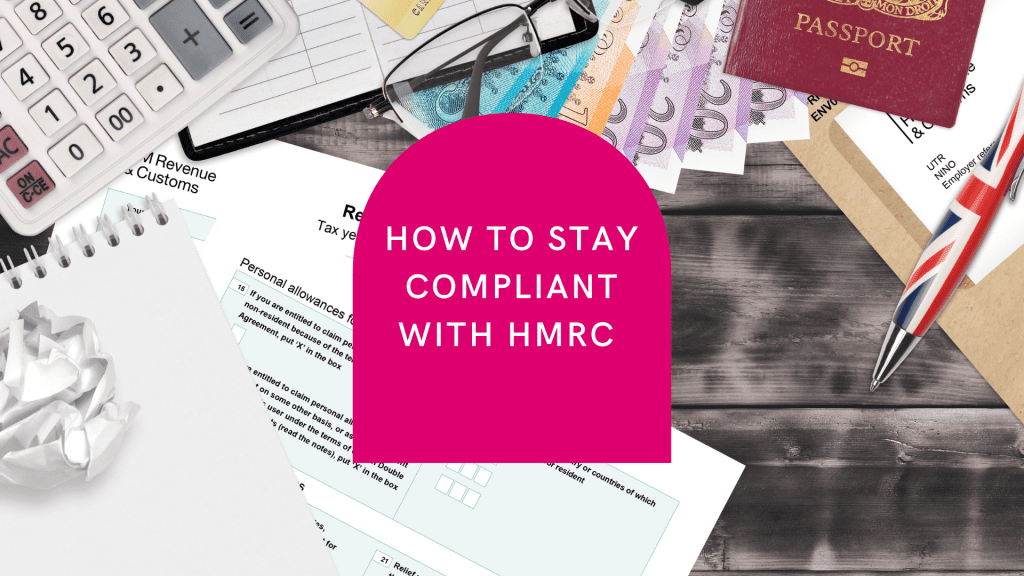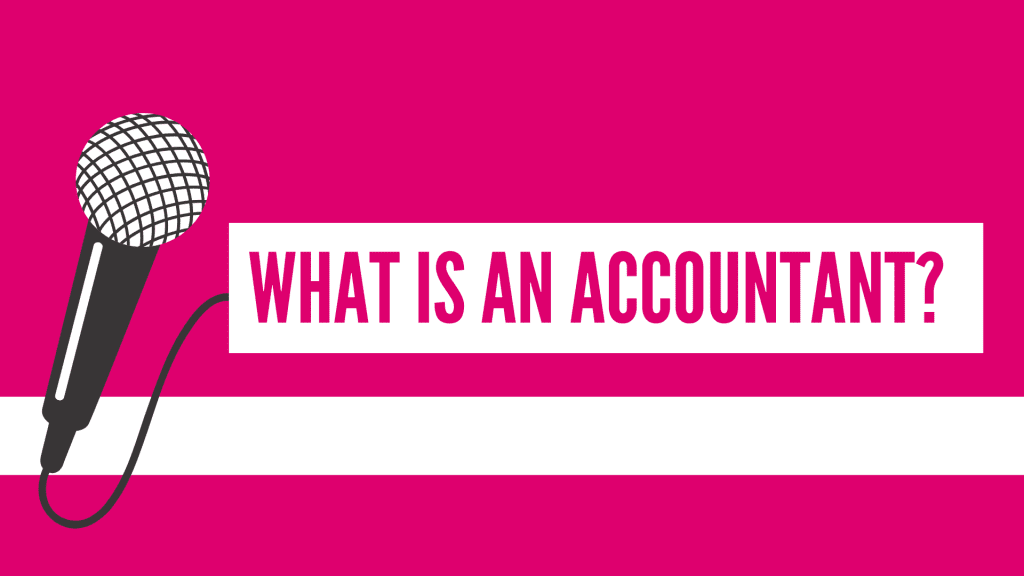
What Is A Payment On Account? Understanding the UK Tax System A common source of confusion in the world of…

What Is A Payment On Account? Understanding the UK Tax System A common source of confusion in the world of…

Your Guide to Navigating UK Tax Regulations If you’re a business owner or a self-employed individual, one question that may…

A Guide to Successful Financial Management If you’re a small business owner asking, “how do I manage the finances for…

Do I Need an Accountant? Unravelling the Importance of Accounting for Your Business The question “Do I need an accountant?”…

What is an Accountant? Unveiling the Essential Role in Your Business If you’ve ever wondered, “what is an accountant?” then…

Unraveling the Complexity: UK Business Compliance in Accountancy In today’s swiftly shifting regulatory environment, understanding UK business compliance in the…

At 1 Accounts Online, we pride ourselves on our diverse clientele, each bringing a wealth of unique knowledge to our…

Elevating Your Enterprise with a UK Business Coach: The Role of Accountability in Business Success In the dynamic landscape of…

Unraveling the Mysteries of Business Finances – the Fun Way! 1. When Business Finances Feel Like Hieroglyphics Ever found yourself…

A common dilemma faced by many budding entrepreneurs and freelancers in the UK is: should I become a limited company?…